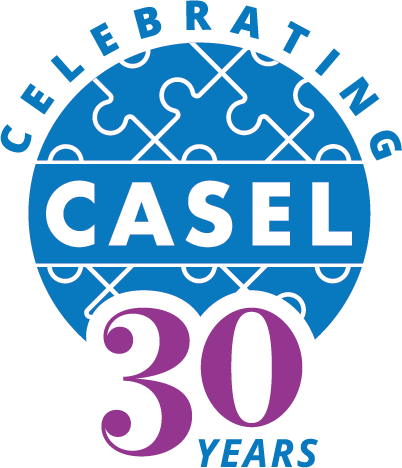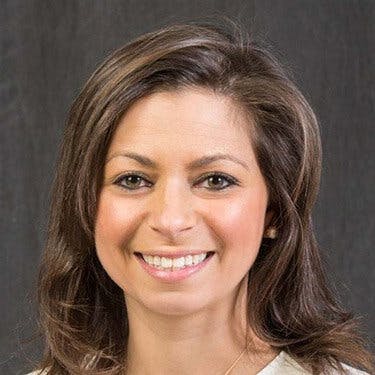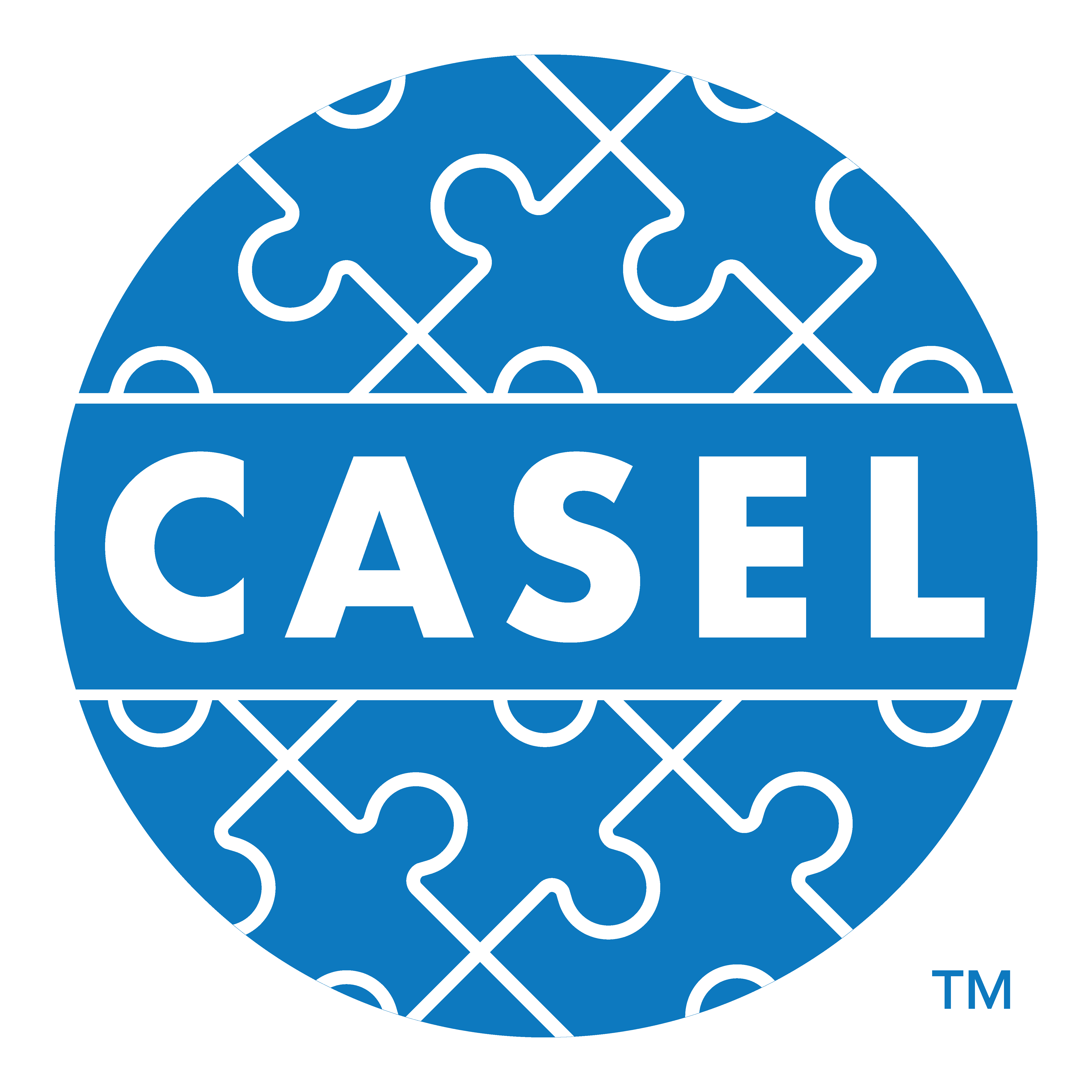
It’s 2022, and the time has never been more ripe for us to review what we know, and what we need to know, about SEL. The most frequently cited (9,341 according to Google Scholar as of this month) justification for universal school-based SEL to date is Durlak and colleague’s seminal 2011 meta-analysis, which analyzed 213 USB SEL studies (involving over 270,000 students in grades K-12), even though the review only synthesizes studies through the end of 2007.
A lot has changed for the field of SEL since 2007, including what SEL is; how we teach it; the variation in and volume of school-based SEL programs; and what academic, social, and emotional outcomes it could impact for students (and what assessments we use to evaluate these outcomes). And to be sure, although our field has seen a myriad of reviews over the past decade regarding what SEL is and why it matters, varying inclusion criteria and treatment effects across these reviews have contributed to very different interpretations of what constitutes an SEL program and what effects can be expected.
It was time for a comprehensive update. The forthcoming meta-analysis, “The State of Evidence for Social and Emotional Learning: A Contemporary Meta-Analysis of Universal School-Based SEL Interventions” (in principle acceptance, 11/25/21, Child Development) provides an update of the evidence available for universal school-based SEL programs from January 1, 2008, through December 31, 2020. The complete review, anticipated fall 2022, will detail significant developments in what aspects of SEL content and implementation make a difference in which outcomes, and who benefits and how from SEL.
Diversity, Equity, and Inclusion. We structured our review from the onset to attend to the diversity of SEL equitably and inclusively. To ensure we didn’t unintentionally advantage programs that were manualized, commercialized, or more popular in the United States, we amassed a comprehensive list of discrete SEL skills as our inclusion criteria, coded them individually, and clustered them into three dominant SEL content frameworks:
- The two-domain framework of intrapersonal and interpersonal skills
- The EASEL Taxonomy project
- The CASEL Competency Areas identified by Lawson et al., 2019
From the discrete codes, we also compiled the frequency of discrete skills within domains and the number of skill domains covered by a program. We now are systematically exploring if intervention effects are associated with specific skills, attitudes, and/or beliefs targeted by SEL programs and, if so, for whom these associations apply.
Visibility and Replication. The project landing page on Open Science Framework includes our search strategy, codebook, and PRISMA chart, along with other research outputs, such as the pre-registration protocol and supplemental papers. When completed, our analytic files will be uploaded in a folder on OSF alongside instructional code for analysis. The file will reference and link to a published data set on GITHUB that will include the full data set for use. We will include an example of how to conduct analyses to support research learning and replication, and intend to maintain the data set with updated literature, incrementally moving forward in the service of the SEL field.
Innovation. As an additional check for accuracy and thoroughness (and multiple studies within the study), we sent our codebook out via a formatted Qualtrics form to authors whose papers were included to have them code their papers. We also sent it to SEL program providers to capture in-depth information about their programs and delivery under optimal conditions, and if and how programs have changed over time alongside the research. We will be comparing these codes in forthcoming secondary analyses (Are you a SEL researcher or program provider? Check your inbox. We encourage you to join us in the open data revolution!).
What Have We Learned So Far? We identified over 31,000 potential studies! Abstract screening by 19 researchers advanced over 2,000 papers to full-text review. A second round of abstract screening by 5 researchers reduced the potential papers to 1,200. After full-text review by 5 researchers, the dataset was just over 500 articles. Four study authors then applied our “is it SEL” inclusion criteria explicitly to reduce this pool of potential studies to over 460 articles for inclusion. Four teams (totaling more than 20 researchers!) then moved to extraction, including citation chaining of all included articles and reliably amassing all the data available as outlined in our pre-registered codebook and additional information that arose during the extraction process (see Building the Contemporary SEL Data Set for description).
As of today, our data set is hovering around 450 studies and represents studies from each year in the 13-year range (with a notable uptick in representation in the last 3 years). Peer-reviewed published studies reflect over 220 unique publication outlets, and dissertations and grey literature reflect over 70 studies. About a third of studies report federal funding, and a third report being unfunded investigations. Studies reflect nearly 50 different countries, over 230 discrete SEL interventions, and nearly 50 unnamed SEL programs, and are roughly split between elementary and secondary school students.
There is so much more to come over the next few months! Stay up to date with project updates or reach out to me directly at Christina.Cipriano@yale.edu for additional information.
The views in this blog are those of the author and do not necessarily reflect the views of CASEL.
Christina Cipriano, Ph.D. is an assistant professor at the Yale School of Medicine and the Director of Research at the Yale Center for Emotional Intelligence. Follow her on Twitter at @drchriscip.
Related Posts:


